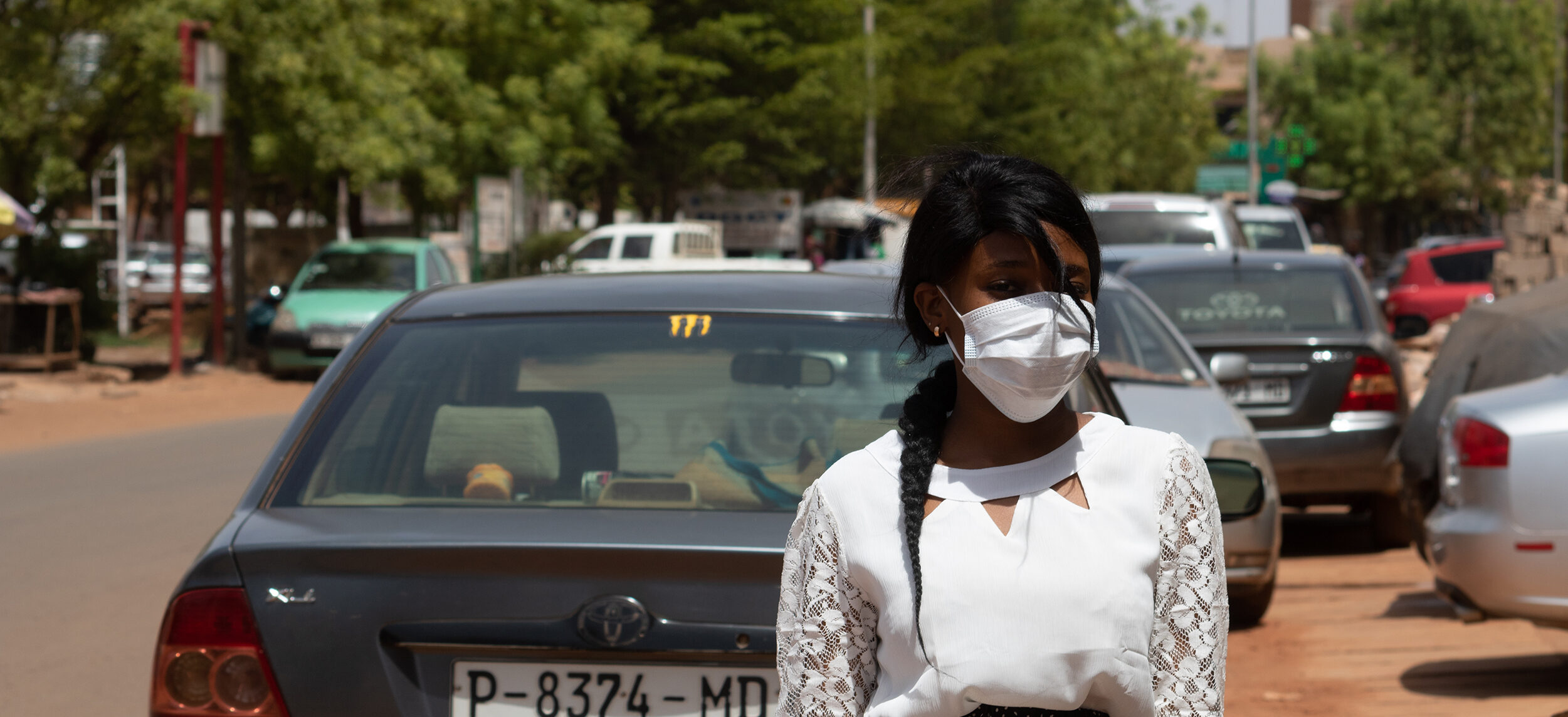COVID-19 Response: Country Knowledge Exchange Series
Published on December 2, 2020

Since March 2020, when COVID-19 was declared a global pandemic, countries have seen disruptions to essential services, developed strategies to restore service delivery, and made many course corrections and pivots to address challenges. USAID’s MOMENTUM Country and Global Leadership brought together global and country partners, including ministry of health counterparts, from around the world to capture and exchange country experiences during the COVID-19 pandemic.
The series supported countries in disseminating and adopting best practices by highlighting concrete strategies to continue providing maternal, newborn, and child health services, voluntary family planning, and reproductive health care during the pandemic.
Over 1,900 participants from 100 countries worldwide came together to participate in conversations about innovations that have worked during the pandemic to ensure that health systems are more resilient and efficient. Through this country knowledge exchange series, MOMENTUM highlighted experiences and emerging learning from India, Tanzania, Ethiopia, Bangladesh, Ghana, Sierra Leone, Malawi, and Nigeria.
The webinar series comprised three sessions:
Webinar 1 (June 18, 2020): Strategies for ensuring continuity of maternal and newborn health services, family planning, and reproductive health care
We heard from leaders in Tanzania, Ethiopia, and India regarding how countries can best mitigate disruptions to maternal and newborn health, voluntary family planning, and reproductive health care. We learned about innovations in India, such as telehealth platforms used to identify high-risk pregnancies and apps to support assessments for facility readiness. Tanzania is using locally made personal protective equipment and more handwashing supplies for its community health workers. And in Ethiopia, the Federal Ministry of Health is coordinating data collection and analysis at the country level to ensure timely, accurate, and actionable information.
Event Summary blog (developed by Woodrow Wilson Center)
Webinar 2 (July 23, 2020): Strategies for ensuring continuity of child health and immunization services
The participants learned from leaders in Bangladesh, Ghana, and Sierra Leone on how countries can best mitigate disruptions to child health and immunization services amidst the pandemic. We learned about the dramatic recovery of health service utilization in Bangladesh due to national guidelines on vaccinations, child health services, and increased capacity building for providers to prevent and control infections. In Sierra Leone, health services and client flow were restructured to safely restore services. Ghana has responded broadly to COVID-19—from universal handwashing and mass communication to telemedicine and drone supply-delivery.
Webinar 3 (October 7, 2020): Strategies for maintaining gender-based violence services, increasing data collection and use, and maintaining high quality of care in the COVID-19 context
Leaders from Nigeria and Malawi shared their successes, challenges, and lessons learned on maintaining high-quality care, increasing the use of data, and ensuring gender-sensitive services since the start of the pandemic. In Nigeria, one promising approach to address the increase in gender-based violence (GBV) since the start of the pandemic has been to designate GBV services as essential and integrate them into other reproductive, maternal, newborn, and child health and nutrition services. The Ministry of Health in Malawi reacted to significant reductions in key quality of care indicators by strengthening district-level leadership, modifying the health workforce (including community health workers), and institutionalizing adaptive learning.
This content is made possible by the generous support of the American people through the U.S. Agency for International Development (USAID) under the terms of the Cooperative Agreement #7200AA20CA00002, led by Jhpiego and partners. The contents are the responsibility of MOMENTUM Country and Global Leadership and do not necessarily reflect the views of USAID or the United States Government.

